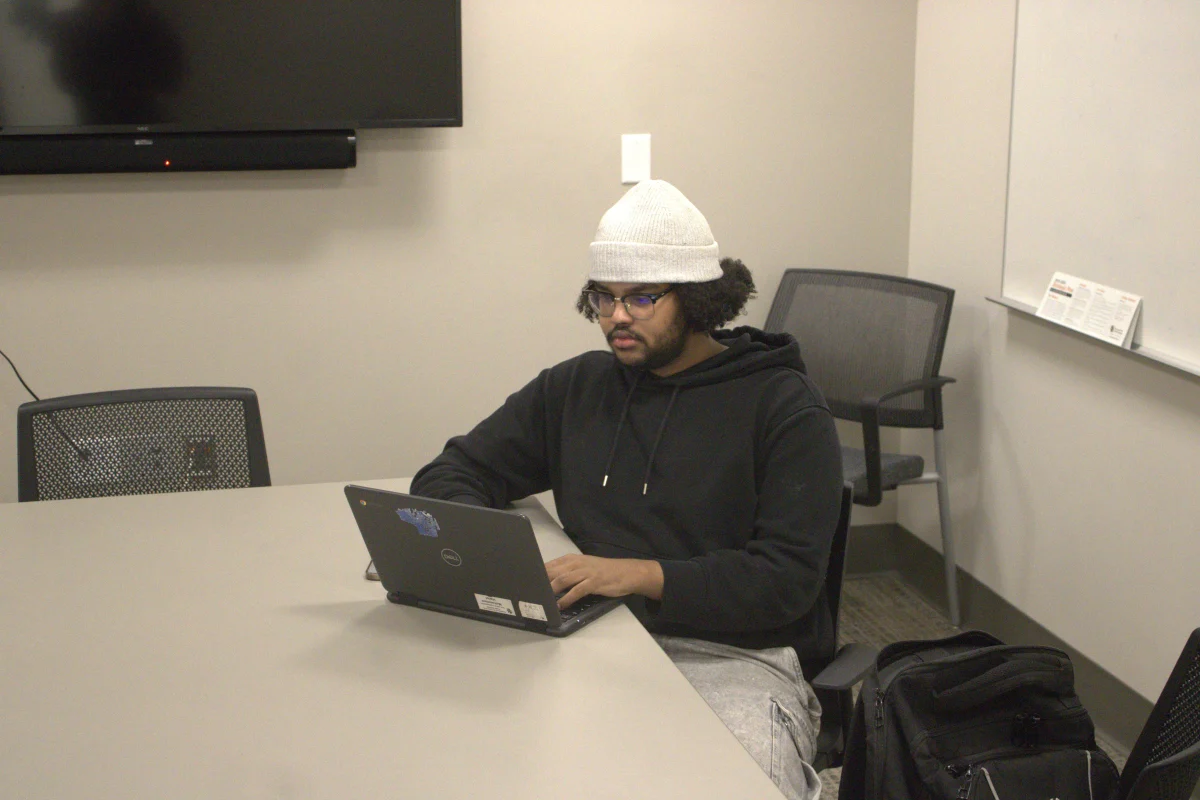Junior year is infamous as being the most challenging for students. Students may also tackle Advanced Placement (AP) and International Baccalaureate (IB) classes along with additional challenges like the ACT and plans for the future. With biology being a required course at Park, students are being forced to adjust to biology grading policies being altered midway through the year. Contradicting the student handbook policies, teachers have discarded formative policies in favor of having all formative and assignment points coming from quiz scores. Tests and quizzes, already controversial pieces of academics, have now become 100% of a student’s grade in biology.
According to principal LaNisha Paddock, these changes have been made to create a more engaging and better learning environment, which is achieved with teachers collaborating to create the most effective teaching methods and through quizzes.
“At the end of the week, (teachers) really want to assess where (students are) at with formatives and to inform teacher practice as well,” Paddock said. “The biology team has been working in their care team together to really think about deeper engagement and deeper learning.”
According to junior Sela Myers, success in class is heavily correlated with test performance, and for many students who aren’t good at test taking, this presents an extra obstacle. She said formative points as assignments were opportunities to get points that were lost on summatives.
“It’s difficult to take tests because — especially for students who are not very good at test taking — it makes it really hard for them to do well in the class,” Myers said. “The formative assignments are where you learn, and you are able to get points back. Definitely, it’s a switch up, especially for students who find test taking really difficult.”
According to biology teacher Jessica Gust, previously, formative work didn’t reflect true learning, and there are benefits to these quizzes that are being overlooked by many students.
“Formative work isn’t always super reflective of how much learning is happening,” Gust said.
According to Myers, there might be benefits that could come from quizzes, but at the moment, grades are being lowered compared to normal.
“In some ways, (the change) might make it better because I might learn the content throughout the unit and do better on the final tests,” Myers said. “Currently, it’s really hurting my grade because studying every week for a quiz takes a lot of time and is hard.”
According to Gust, with these new quizzes, students can receive feedback and can see how they comprehend certain subjects. She said this feedback is more effective than it previously was because teachers and students can address it, which is a key piece in improving as a student.
“By having more frequent checks for understanding, students are getting more direct feedback about what they understand and what they don’t understand,” Gust said.
According to Paddock, the purpose of formatives is to provide an insight to student growth and improvement, so these quizzes are a way to practice, grow skills and create improvement.
“If we’re truly in a standards based system and talking about growth and progress, the 20% formative is practice,” Paddock said. “We want students to be able to practice and to feel safe practicing, (growing) their skills.”

















